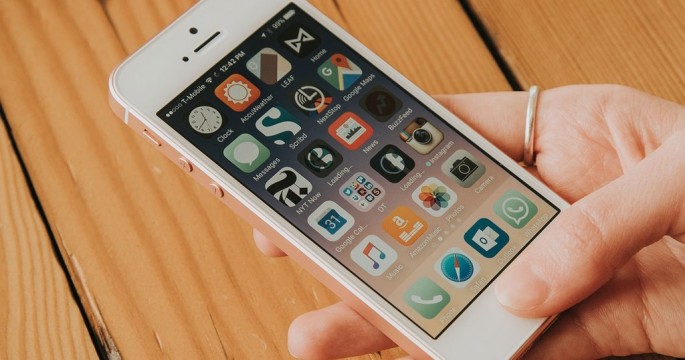Apple is facing a lawsuit filed by California Institute of Technology (Caltech) based on its claim that the tech giant violated multiple WiFi patents. The private university is also suing chipmaker Broadcom. Caltech argues that most Apple devices since the iPhone 5 series, including iPhones, iPads, Macs and Apple Watches use Broadcom chips with Caltech decoding/decoding technology.
Caltech filed the suit on May 26, Thursday over four patents that were issued between 2006 and 2012.
The technology in the Apple smartphones, tablets, laptops, and smartwatches boosts data flow. Caltech is seeking damages and a hardware ban.
The wireless technology is important for the 802.11n and 802.11ac Wi-Fi standards, which are the latest ones, according to Engadget. They are important for Apple and Broadcom.
Broadcom is the main target of the lawsuit because it manufactures the chips used in the various devices. However, the educational institute argues that Apple is involved because it makes up about 14 percent of the chipmaker's revenue.
Caltech does not have a history of being a "patent troll." Therefore, it is likely the company has a valid case and is not just making moot claims in order to earn a quick profit.
This is not the first time that Apple has had legal trouble that involved university patents. Last year a jury decided that Apple should be required to pay $324 million in damages to the University of Wisconsin-Madison over a patent for boosting processor performance.
In related news, Huawei filed a lawsuit against Samsung on May 25, Wednesday, according to Reuters. The Chinese company claimed in its intellectual property (IP) case that Samsung violated smartphone patents.
Huawei has filed suits in the United States and China. It argues that Samsung illegally used fourth-generation (4G) cellular technology, operating systems, and user interface (UI) software in its phones.
Ding Jianxing is president of Huawei's Intellectual Property Rights Department. He said in a statement Huawei hopes Samsung will stop using its patents without the required licenses.
Meanwhile, Samsung told Reuters it will take the right actions to defend its business interests.
In the past, Chinese smartphone makers have often been accused of patent infringement. Last year Xiaomi had to stop handset sales in India after a complaint from Ericsson.
Here's a video on UW's lawsuit against Apple:



























